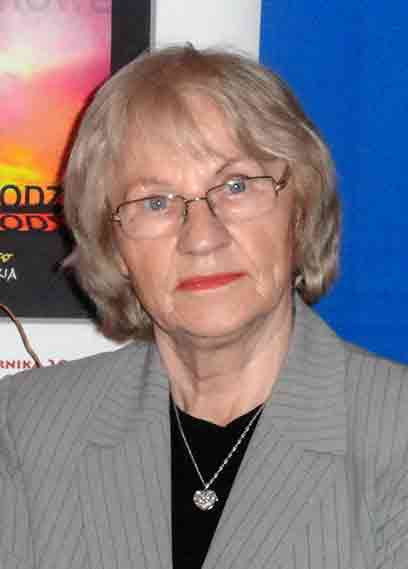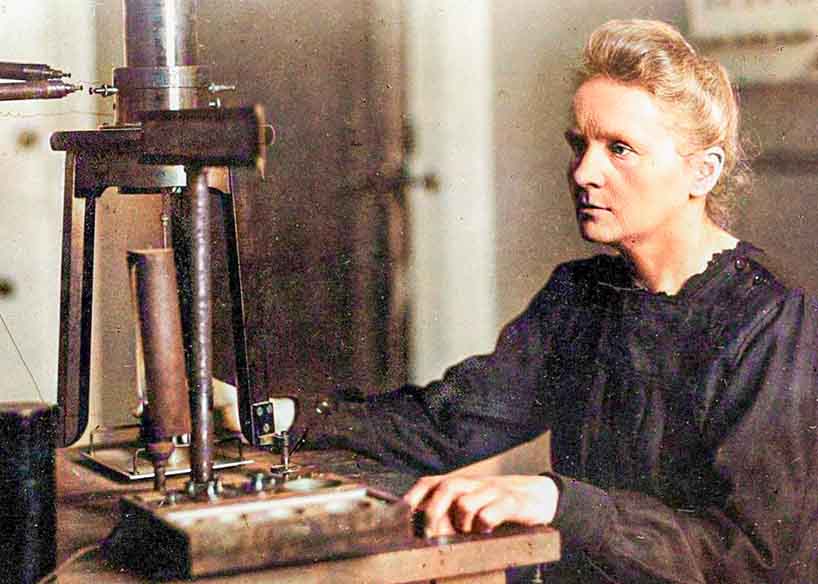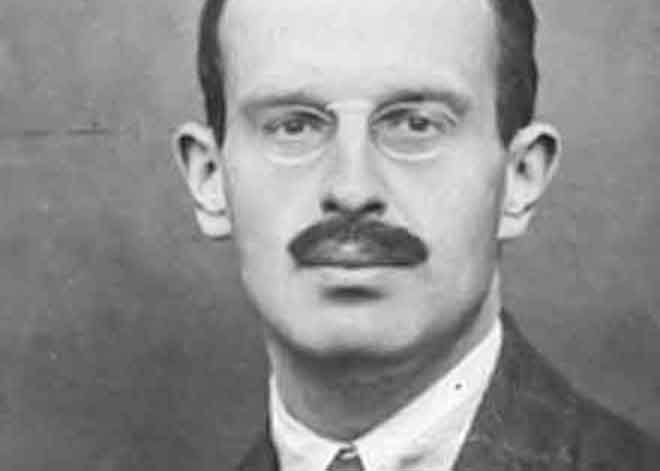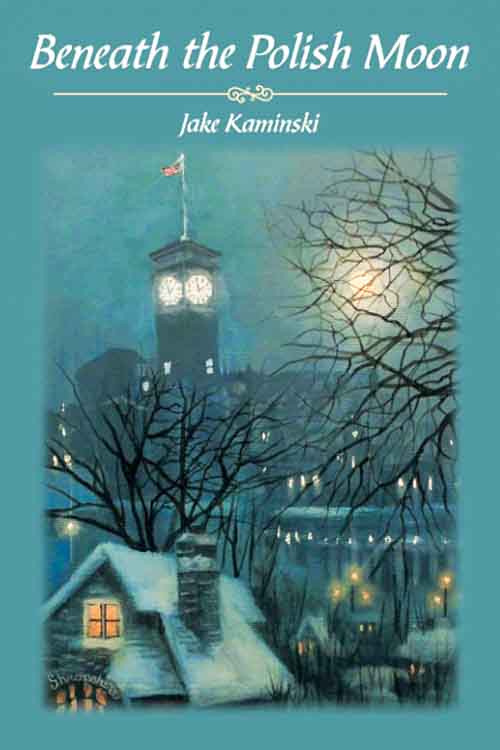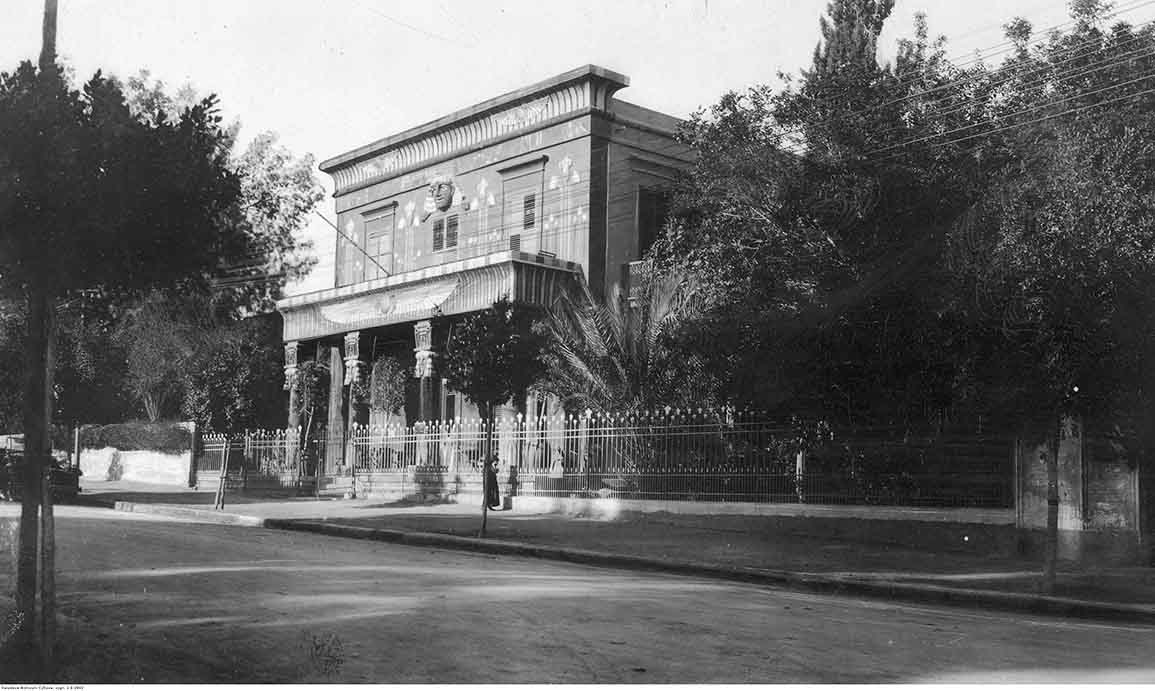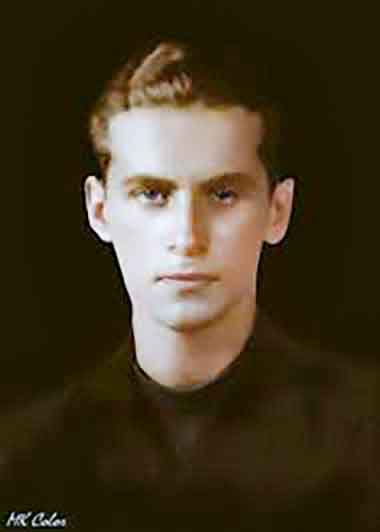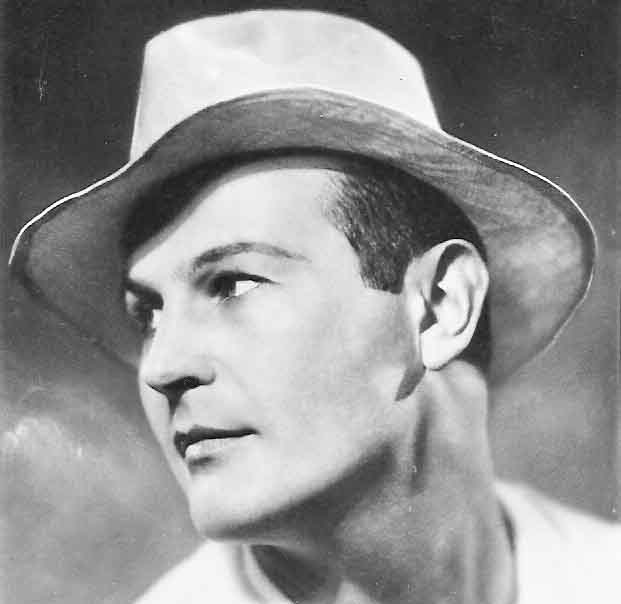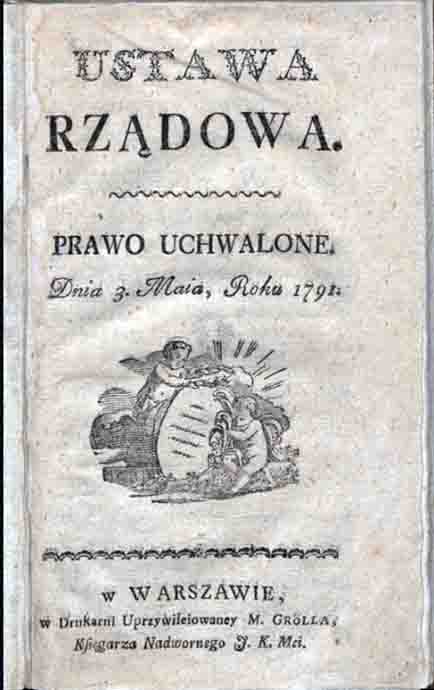Ferdynand Antoni Ossendowski is the author of 77 books published in 150 translations into 20 languages. In the interwar period, most new books were authored by him. For a time he was one of the five most widely read writers in the world, and the total circulation of his books reached 80 million copies. In translations into foreign languages, he took second place after Henryk Sienkiewicz, and to this day no one has managed to achieve a better result in this category. After World War II, he was discontinued. Entered onto the list of banned authors, he disappeared from the register of Polish writers, and all his books were removed from libraries. Why?
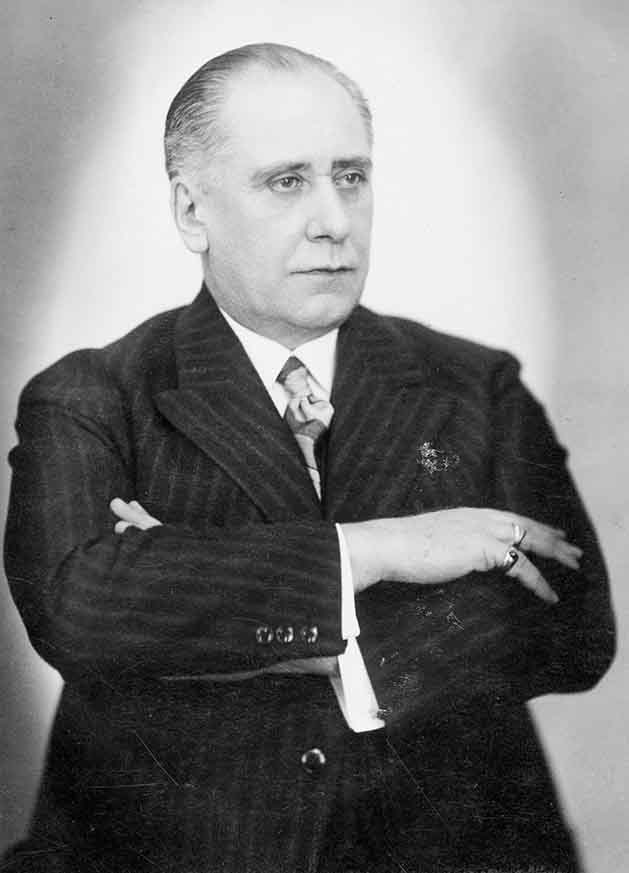
Ferdynand Antoni Ossendowski (Source: Wikipedia)
He was born on May 27, 1878 in Tsarist Russia, in the Vitebsk governorate (today's Belarus), died on January 6, 1945 in Grodzisk Mazowiecki. His life is a period filled with a script ready for a film in the "cloak and dagger" category.
He was the son of a doctor. The family had noble and Tatar roots. Often, depending on the political winds, she changed her place of residence. After Ferdinand's sister was born, the Ossendowski family moved to the Pskov governorate, where my father came from, and in 1884 moved to Kamieniec Podolski. There, Ferdinand Antoni began attending the Russian gymnasium, which he graduated from - after another move - in St. Petersburg. In Petersburg, he also began studies at the mathematics and natural science department, during which he took part in scientific expeditions to the Caucasus, the Dniester, the Yenisei and the vicinity of Lake Baikal. He also reached China, Japan, Sumatra and India. Curiosity about the world, admiration for the diversity and beauty of nature, mathematical abilities to logically analyze phenomena and the lightness of the pen, mobilized him to describe his impressions. Impressions from his travels in India were the basis of his first novel, "Clouds on the Ganges".
In 1899 he had to leave Russia and went to Paris, where he studied physics and chemistry at the Sorbonne. The stay at the Sorbonne was an amazing adventure. It was then that he met Maria Skłodowska-Curie and many other famous and interesting scientists.
After returning to Russia, he worked as a researcher at the Technical University in Tomsk. However, he did not stay long at the university, because his passion was traveling.
In 1905, after the outbreak of the Russo-Japanese War, he was sent to Manchuria, where he conducted geological research in search of raw materials necessary for the army. For organizing protests in Harbin against Russian repression in the Congress Kingdom, he was arrested and sentenced to death. It was only thanks to happy coincidences that he did not lose his life, but this did not discourage him from looking for adventures. Soon he was elected chairman of the Supreme Revolutionary Committee, which for a time ruled in Manchuria. He was accused for this activity and sentenced to a year and a half in the fortress. Prison experiences became the basis for the book "In human dust", published in 1911, which was very favorably assessed by the great Russian writer Leo Tolstoy.
In the years 1909-1918, Ossendowski took up journalism. He was a correspondent and then editor of the Polish-language "Dziennik Petersburski". In 1918 he left the capital of the October Revolution and went to Omsk. During the civil war in Russia, he again found himself at the center of political events. Every day he saw with his eyes how the revolution changed the world, so he actively began to cooperate with the White command. He was one of Admiral Kolchak's advisers.
After Kolchak's fall, known for his anti-communist stance, Ossendowski was wanted by the Bolshevik political police. Thanks to the extraordinary experience gained during his numerous journeys, he managed to get to Mongolia, where he became an advisor to Baron von Ungern-Sternberg who fought with the help of the Asian Horse Division he organized with the Bolsheviks. Ossendowski could have been a very useful advisor, as he was fluent in 7 foreign languages, including Chinese and Mongolian. Data on the role he played in Mongolia is a mystery. There is a thesis that it has become a depository of knowledge about a huge treasure, hidden by "Bloody Baron" Ungern somewhere in the Mongolian steppes, and which treasure would be used to finance another war with the communists.
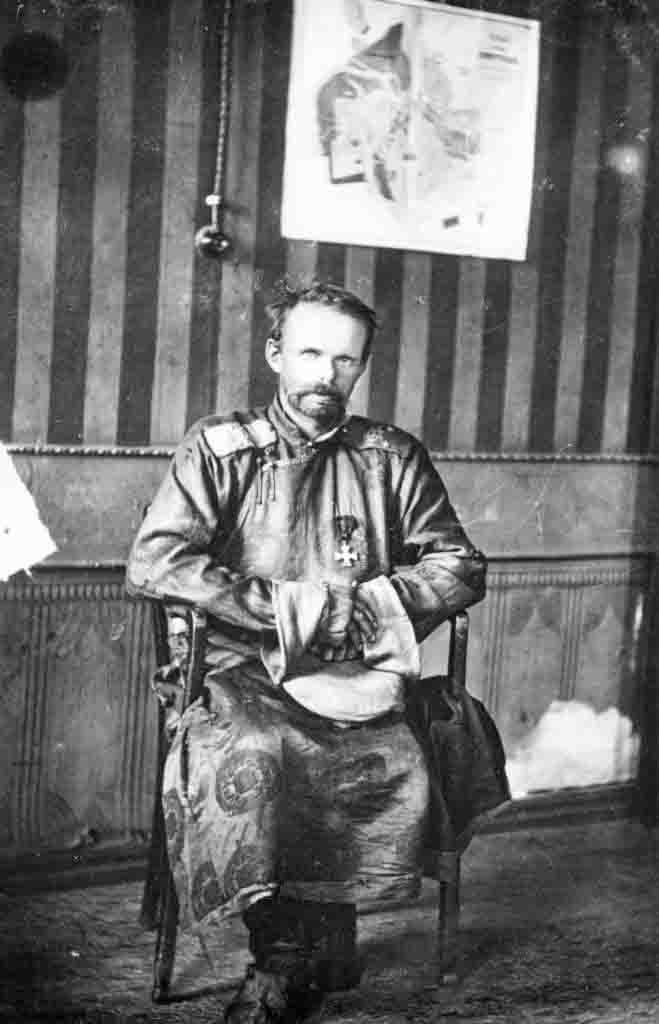
Baron von Ungern-Sternberg (Source: Wikipedia)
Memories of his escape from Krasnoyarsk, from Russia engulfed in revolutionary chaos, winter in the taiga, crossing to Mongolia and staying with Baron Ungern in it, he wrote down in a somewhat fictionalized form in the book "Animals, People and Gods", which brought him worldwide fame. It was first published in English under the title "Beasts, Men and Gods". At the turn of 1920 and 1921, it was published in New York, in 1922 in London, and in 1923 in Warsaw. It achieved a record number of nineteen translations into foreign languages.
Ossendowski initially wrote in Russian, then in English, and only the fifth book was published in Polish. The heroes of many of his books are Polish exiles, participants in the fight for independence. The author, however, looks at their exile not only through the prism of drama, suffering, longing for the homeland and loved ones, but shows their strength in the fight against nature for survival, friendship with the natives, respect for human effort, work, skills in the fight for food and humility towards nature. We find these values in such novels as "The Long Shadow of the East", "The Gold of Red Rocks", and especially "Strong People".
One of the most valuable human traits that we can find in Ossendowski's novels is undoubtedly a sense of freedom, pride, and courage, often bordering on madness and cruelty. Such heroes are the Lisowowcy - units of unmatched light cavalry formed and commanded by Aleksander Józef Lisowski in the 17th century. In Ossendowski's novels, the reader can find everything: adventure, romance, social events, history, beautiful and interesting descriptions of the extraordinary nature of Siberia and the Far East. With such values of his work, he should also find a willing reader today, because even in the age of the Internet, we like to read. Probably many readers would reach for such a reading, if they knew anything about this writer.
Unfortunately, the long shadow of communism reached him after writing a long biography of the leader of the revolution that shook the world. Lenin, written and published in the 1930s, was already controversial at that time, as the revolution had as many supporters as staunch opponents. Ossendowski watched the genocide that the revolution caused. He showed the leader of the revolution as a man of flesh and blood who "like everyone else ate a little, drank, cheated, loved a little, made mistakes, retreated, played with women, but they are not called mighty of such types starting a new history of mankind", who he prepared himself to be a crowd leader and pursue a cruel goal. He was a tyrant who preferred revolution to any political compromise. Red terror touched everyone he created poverty and lawlessness worse than in the cruelest tsarist times. The author also revealed the political background of the revolution. He said who and for whose money was making a revolution. He showed that Lenin and the Bolsheviks were paid agents of the German intelligence, and that the activities of the Bolshevik party were financed with German money. The fact of the aid given to Lenin by the German High Command is certain.
The man who deprived the monumental figure of the leader of the revolution in such a way did great harm to the communists and had to be erased by the communists from the memory of societies, doomed to ostracism and oblivion. And so it happened. After the Second World War, when Poland fell under the influence of the Soviet Union, Ferdynand Antoni Ossendowski was removed from the writers' register and his works were removed from libraries.
Ossendowski returned to Poland in 1922. He divorced his first Russian wife and married Zofia, his teenage love, who was a professor at the Warsaw Conservatory of Music. He traveled and wrote. In February 1943, he joined the underground National Party.
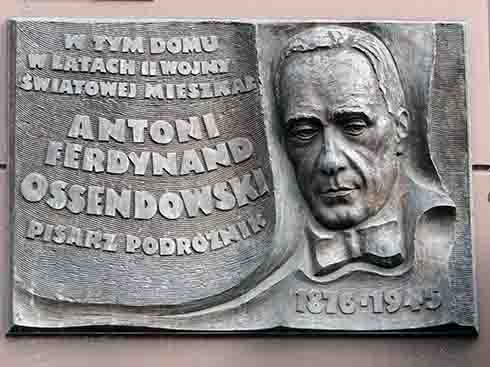
Commemorative plaque at 27 Grójecka Street in Warsaw (Source: Wikipedia)
It cannot be ruled out that the writer was a secret intelligence agent, maybe English, although some suspect maybe an American one. He himself did not say much about it, he took the secrets with him to the grave. He never disclosed any details of his political and intelligence activities. The archive was meticulously destroyed before his death on January 2, 1945. He was buried in Milanówek. After the Red Army entered Poland, the tomb was plundered by the Red Army. It was stated whether the author of Lenin had died or was buried in it. Maybe some code was also searched for the treasure of Baron Ungern hidden in the steppes of Mongolia ...?
The man who did so much harm to the image of the leader of the revolution and the benefits he was supposed to bring — he predicted that everything would end in a catastrophe — had to be punished by the communists, erased from the memory of societies, condemned to ostracism and oblivion. And so it happened. After the Second World War, when Poland fell under the influence of the Soviet Union, Ossendowski was removed from the writers' register and all his books were removed from libraries.
There are still many secrets related to the activity of this extraordinary writer-traveler, whom we should be proud of, because he was the best, unnamed ambassador of Polishness in the world, when Poland was not on the map and when it found itself on it again and now people talk louder about us in the world. The writer comes back from oblivion. His books are beginning to be published and I believe they will be read more and more widely.
During his lifetime, A. F. Ossendowski was awarded:
- Officer's Order of the Legion of Honor.
- Knight's Order of the Legion of Honor.
- With the Golden Academic Laurel.
From the Editors:
Nasz Dziennik, in the article A Slow Return from the Abyss of Oblivion, wrote on May 27, 2014:
One might expect that in free Poland there will be a great return of Ossendowski and that he will finally take his rightful place in the minds of his countrymen and on school reading lists. Unfortunately, the shadows of communism still linger over our country. Young people do not know Ossendowski's works, and the Communists falsely, as much as they can, conceal the inconvenient truth. On January 3, 2005, on the 60th anniversary of the writer's death, a plaque was to appear in Warsaw's Ochota district, commemorating the "writer, traveler, anti-communist". However, the housing community dominated by the beneficiaries of the communist regime prevented it from being unveiled that day and then censored its content. To the indignation of the initiators of the project and the creator of the board - Ryszard Kozłowski, the ideologically bent tenants forced the removal of the word "anti-communist".
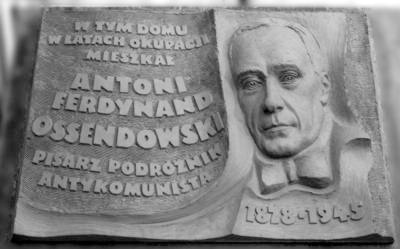
The commemorative plaque, as originally designed by Ryszard Kozłowski (Source: Wikipedia)
Translation from Polish by Andrew Woźniewicz.



